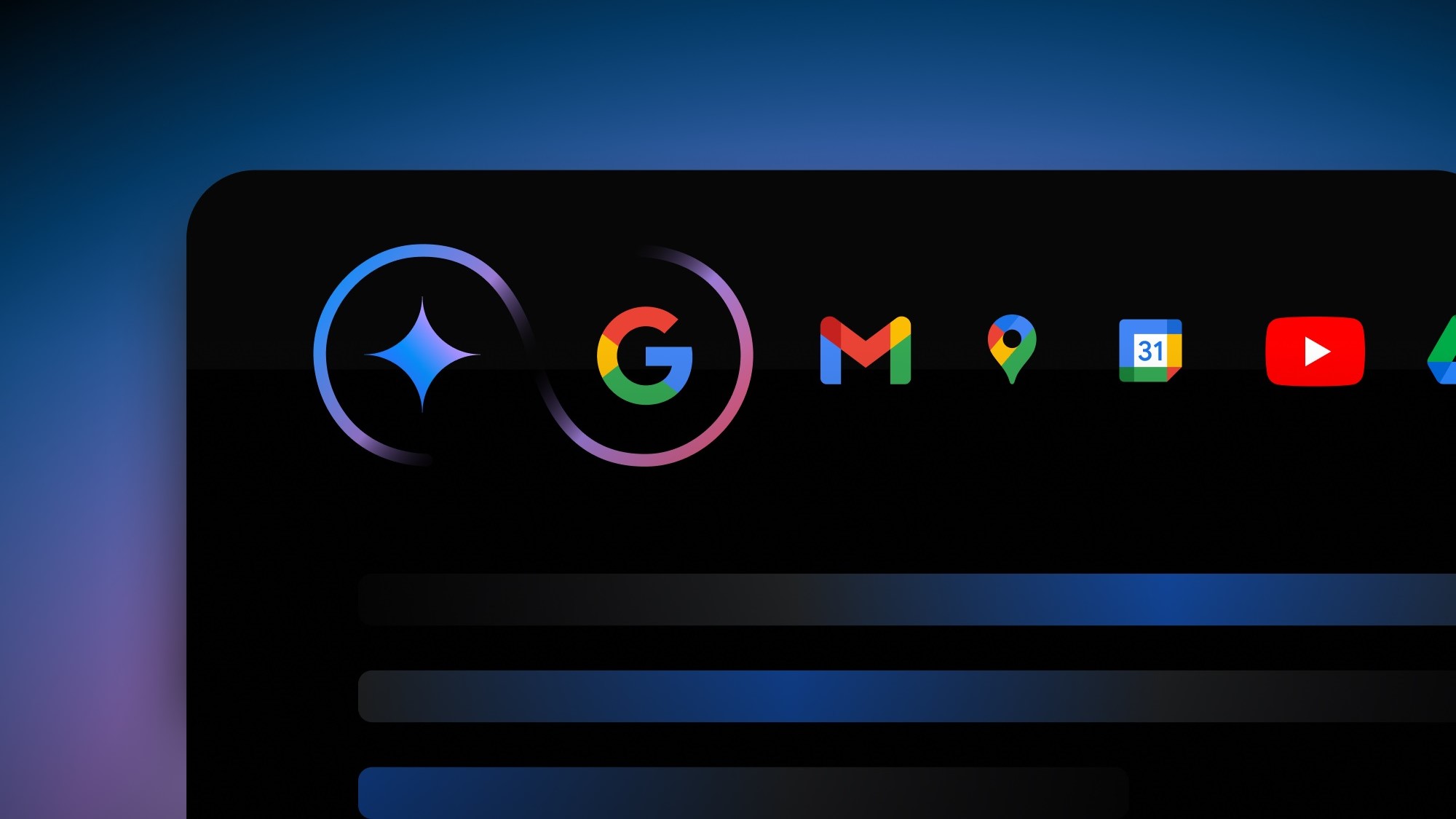Apple Watch and Galaxy Watch 4 are great for physical fitness but terrible for mental health
Obsessively documented health data only helps if you're able to do something with it
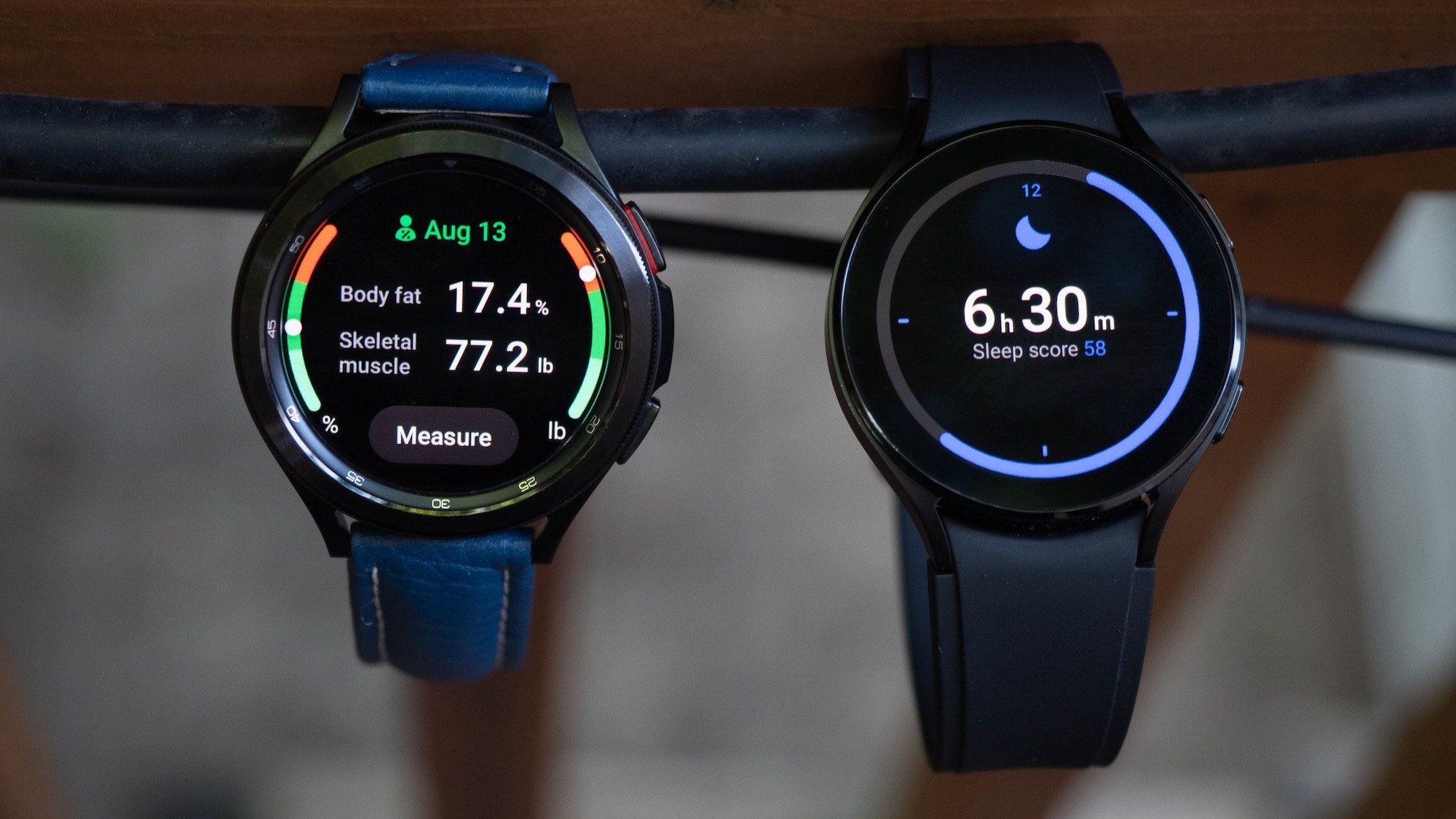
In the past year, I've worn watches or trackers from Fitbit, Garmin, Apple, Samsung, and Amazfit, and each has its own special way of prodding me about all my responsibilities during the day while also warning me I've been sitting too much. And boy, do I love it!
It buzzes when I've sat too long, every time a coworker Slacks me, or whenever some app wants my attention. If my phone slips into a couch cushion, not to worry — my watch will display every work email or missed text until I track it down!
It also can give you exacting feedback on whether your workouts have had any real impact on your health. Like how Garmin can tell you the aerobic or anaerobic training effect of my runs or how my fitness age has risen much faster than my chronological age since the start of the pandemic.
As someone obsessed with 100-percenting video game achievements and performing above average when it comes to my running demographic, gameifying my health certainly had the desired effect of making me obsess over these numbers — and it has no doubt done the same for a lot of other people, too.
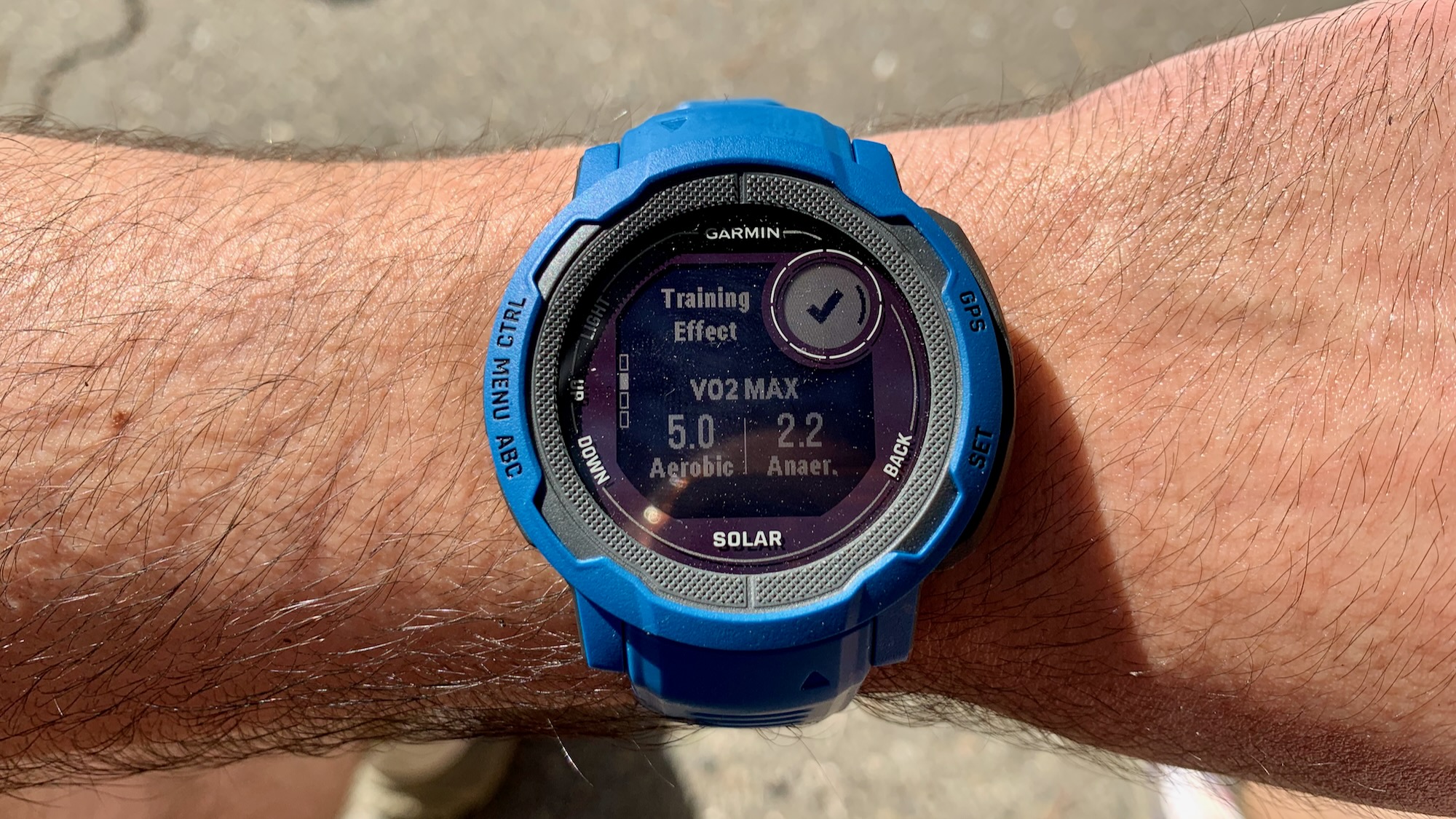
I also appreciated how, on one particularly busy day, my Garmin Venu 2 Plus told me my stress levels seemed high and that I should try deep breathing. It's that kind of constructive feedback people love, like telling someone with baggy eyes that they look tired and should get more sleep.
Then you have the Galaxy Watch 4, which can use its BIA sensor to determine your body fat percentage and muscle mass in just 15 seconds. Add in Samsung's blood pressure sensor, which has yet to get FDA approval in the United States, and that little wristwatch could tell you every problem your body is experiencing in real-time. How helpful!
Okay, so if you somehow didn't pick up on the sarcasm, I'm not actually a fan of all this.
Get the latest news from Android Central, your trusted companion in the world of Android
Smartwatches have gotten so much smarter at tracking your health, notifying you of any problems, and extending your smartphone's hold over your attention span. But I'd argue that's not a good thing, and it's only going to get worse.
Our minds aren't built to handle failure
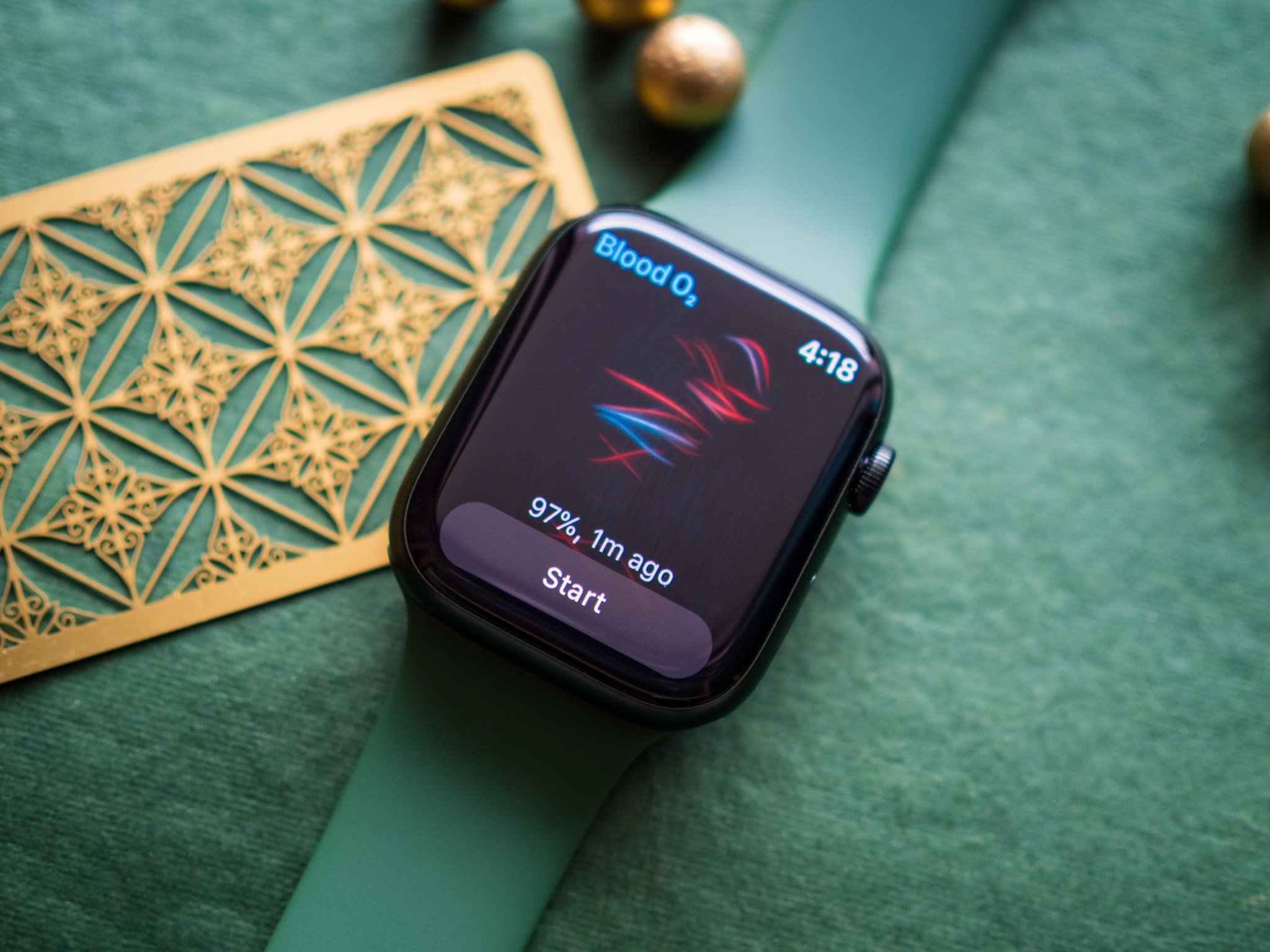
This week the FDA approved Fitbit's algorithm to identify and notify you about Irregular Heart Rhythm due to atrial fibrillation (AFiB), which affects over 30 million people worldwide and puts you at high risk for strokes. It's the latest brand to receive approval, following Apple, Samsung, Withings, and others.
The fact that most mainstream fitness brands can detect this problem for vulnerable users is wonderful! But it's also part of a recent push to make your smartwatch so life-saving that it feels risky not to wear one.
Look at those recent Apple Watch Series 7 911 commercials, with real-life examples of people using theirs to signal for help. They're much more somber than the usual frantic, colorful Apple commercials we're used to, but anecdotally, several older family members have bought or asked me about buying an Apple Watch simply because of those commercials and the promise of fall detection.
In order to make themselves an essential part of your daily life, smartwatch brands will continue to cram in more and more health sensor acronyms — PPG, BIA, ECG, etc. — so as not to appear behind the rest. Every year, you can learn more about yourself from home than ever before, no doctor required.
That's great for gym rats and people who are in perfect shape! For everyone else, this level of information can be demoralizing at best or dangerous at worst.
Consider the elderly or handicapped targeted by these ads. Reminders to get up and move certainly don't help people who have difficulty walking or are wheelchair-bound; it only reminds them of what they can't do anymore.
And sitting and staring at a constant reminder of your too-high pulse isn't liable to make it any lower. Something like the Mobvoi TicWatch GTH Pro, which calculates the "stiffness" of your arteries and determines whether your heart is receiving enough blood, may give life-saving readings, but it could also give people with prior heart conditions serious, constant anxiety.
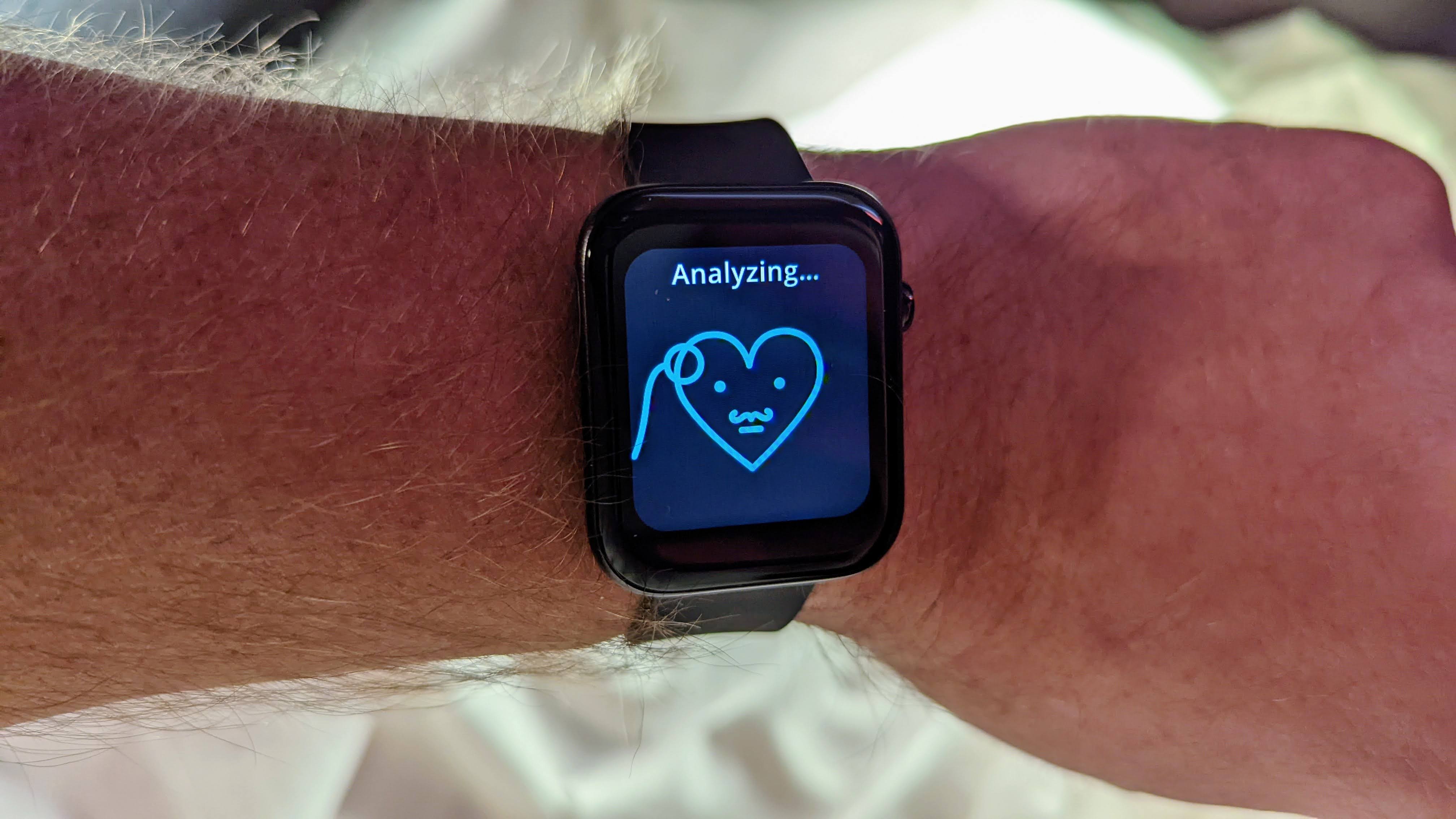
Always-on health monitoring will spot potential emergencies so their wearers can consult a doctor and cut issues off before they escalate. But even minor hypochondriacs will take any negative reading as a sign that the sky is falling — despite these readings not necessarily being all that accurate.
For one thing, not all sensors require FDA approval. For example, the Apple Watch 7's Pulse Oximeter, which Apple specifically says is "only designed for general fitness and wellness purposes" and not for medical purposes. But a poor O2 rating will still send your brain spiraling over your poor fitness or possible COVID exposure, regardless of how accurate it is.
Even if you do get accurate body data from your Galaxy Watch 4's BIA or Withings scale, not everyone responds positively to a constant reminder of negative results. Working out and not receiving immediate results will prompt many to either shut down mentally and give up on their fitness routine or take more extreme measures like starvation diets that harm more than help — all because of some numbers on your wrist.
Finding the right balance
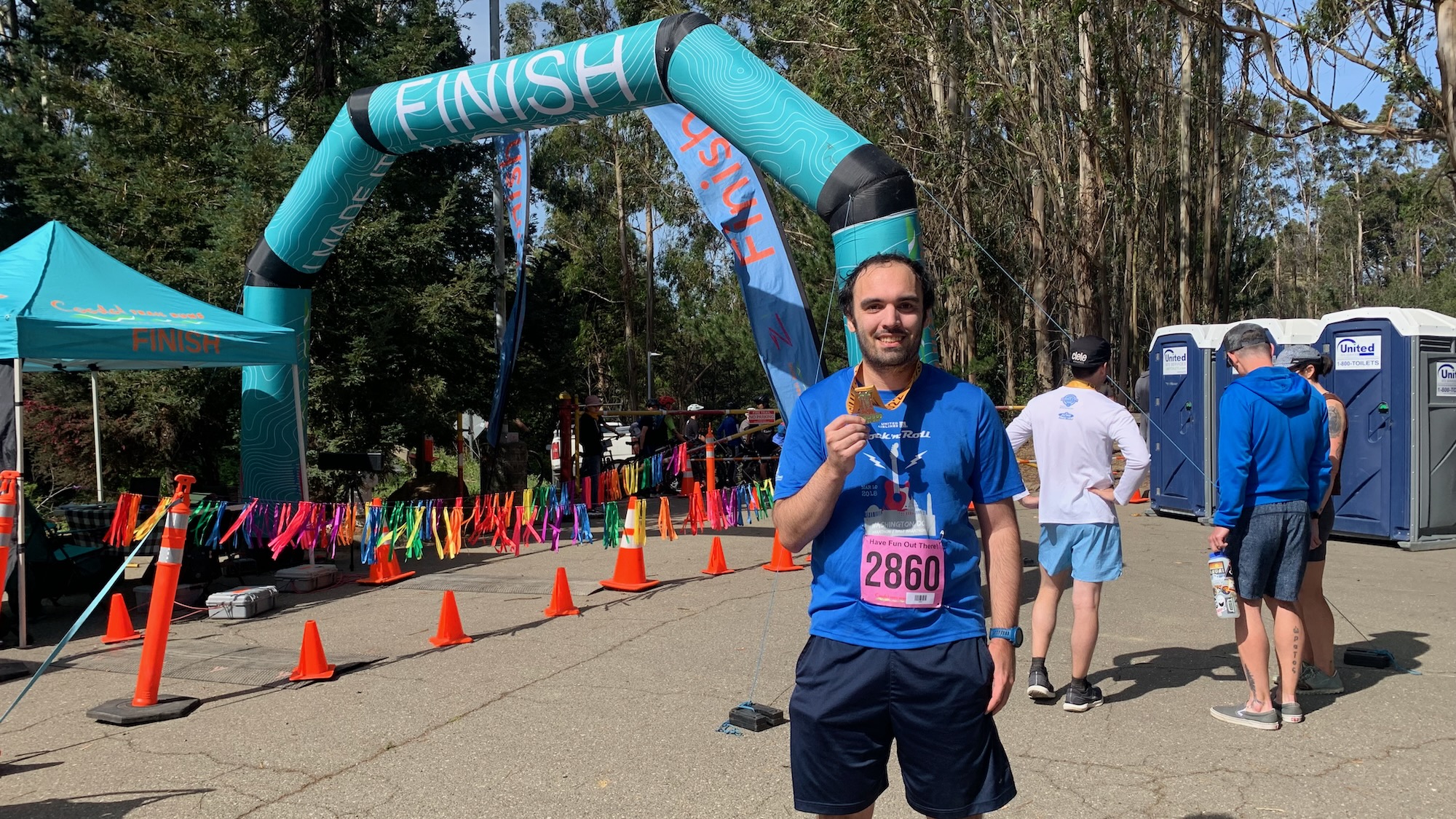
For years, I ran without a watch. I simply moved at whatever pace felt right and kept my eyes forward and my head in the zone. In fact, my old running coaches encouraged us to tape over our watch displays to avoid running to hit a specific pace.
I know that my self-competitiveness and a watch face showing my real-time pace are a bad match, compelling me to run harder than I should before tiring myself out prematurely. But despite that, and despite all the other problems I mentioned above, I love wearing a fitness smartwatch while running.
It lets me stay loosely tethered to the real world with quick-glance notifications and skip ahead on my running playlist while keeping my phone in my pocket and my head in the zone. And as I mentioned, I'm the kind of competitive gamer-athlete that tries to beat my previous Strava segment PRs for "achievements" during every run. It keeps me going fast when my body wants to slow down.
So I'm not going to stop wearing fitness trackers. But I have more or less decided that my watch comes off my wrist the moment I step back inside (except when I'm reviewing one). Even if it means my health data isn't as thorough as it should be or if I'm missing out on guilt-tripping move alerts when deadlines don't let me move away from my desk.
I have to set boundaries and trust my own mind to drive myself to get healthier, rather than an unrelenting device that doesn't accept anything less than perfect habits.

Michael is Android Central's resident expert on wearables and fitness. Before joining Android Central, he freelanced for years at Techradar, Wareable, Windows Central, and Digital Trends. Channeling his love of running, he established himself as an expert on fitness watches, testing and reviewing models from Garmin, Fitbit, Samsung, Apple, COROS, Polar, Amazfit, Suunto, and more.
